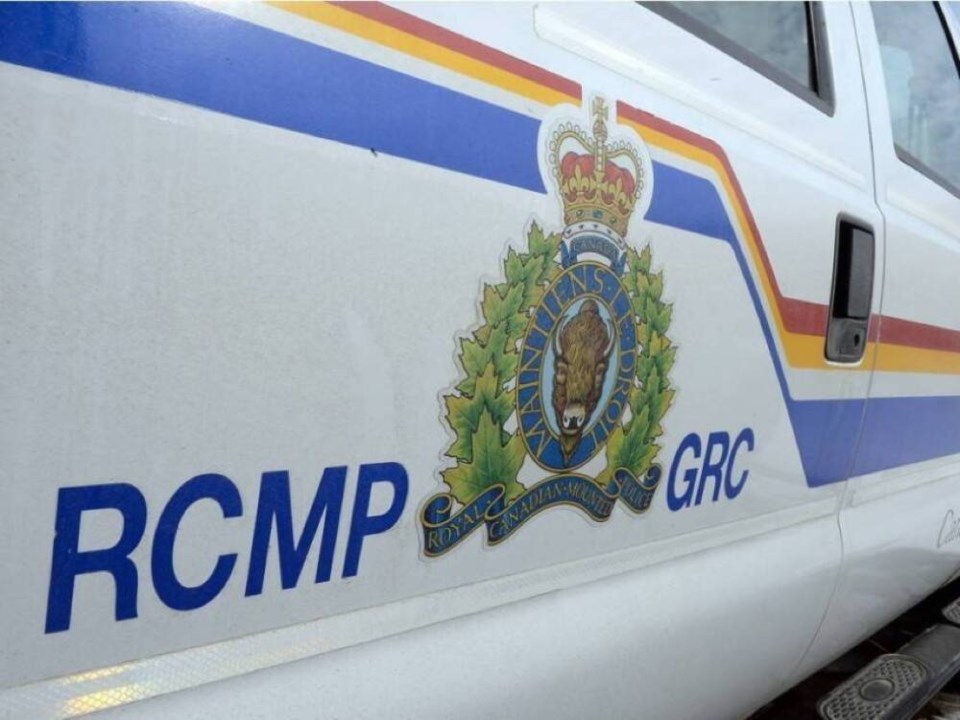The drivers of two vehicles that got stuck after a suspected “mud-bogging” foray into the protected Nanaimo River estuary on Monday are potentially facing fines of $575 each, and could be on the hook for any environmental damage.
Nanaimo RCMP were called to a section of the river off Raines Road near Cedar at about 8:30 p.m. on Monday, and found four males in two vehicles stuck in the mud about 30 to 35 metres from shore.
Reserve Const. Gary O’Brien said that, with the tide rising, one of the officers commandeered a canoe to rescue the young adults, who ranged in age between 16 and 21. No one was injured.
Mud-bogging is a form of off-road motor sport that involves driving vehicles — typically four-wheel drives — through a mud pit on a closed tract of private land.
The Nanaimo River’s estuary, which is managed by the Nature Trust of B.C., is deemed to be a sensitive ecosystem that is home to a diverse range of plants and wildlife.
Police said the case has been turned over to the B.C. Conservation Officer Service for enforcement, and Ducks Unlimited, Fisheries and Oceans Canada and the Snuneymuxw First Nation have also been notified.
The vehicles were removed by a towing company Tuesday night, police said.
Anyone found mud-bogging can receive violation tickets for $575, while other penalties can include towing or impoundment of vehicles and expenses related to habitat restoration, according to the B.C. Conservation Officer Service.
Depending on the circumstances and location, offences can fall under the Wildlife Act, Motor Vehicle (All Terrain) Act, Forest Range and Practices Act or the federal Fisheries Act.
The Ministry of the Environment and Climate Change Strategy, which oversees the B.C. Conservation Service, said it does not keep statistics on the number of mud-bogging offences that take place in the province.
O’Brien said this was the first reported incident of mud- bogging in the area.
Anyone with information on a violation can call the Report All Poachers and Polluters (RAPP) hotline at 1-877-952-7277.
According to the Nature Trust of B.C., the ecosystem in the estuary has benefited from significant remediation efforts in the last few years, with about three kilometres of agriculture berms removed, tidal channels reconnected and thousands of native plants re-introduced to improve fish and wildlife habitat.
>>> To comment on this article, write a letter to the editor: [email protected]



